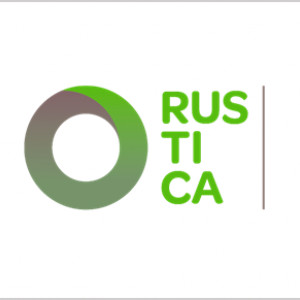 \
&
Contact us
\
&
Contact us
 \
&
Contact us
\
&
Contact us
Published on | 3 years ago
Last updated on | 2 months ago

ann.vanhauwaert@fwo.be
The background of international cooperation including details about the current process of association of some non-EU countries is explained in the infosheet International Cooperation in Horizon Europe.
In this infosheet you can find detailed information on how to include non-EU countries in your Horizon Europe proposal.
If the entity will be possibly eligible for funding (on the list of associated countries or automatically eligible), then this entity can be included as a beneficiary in the proposal (if it is not stated otherwise in the specific call topic you apply to).
But an entity from a country in view of association (as listed in the HE Programme Guide) can solely be a beneficiary when the association agreement is signed for that country before the grant agreement signature. If this is not the case, then the status of this entity cannot be beneficiary but will have to be changed to associated partner and this entity can consequently:
If a partner in a consortium is coming from a country that is not automatically eligible for funding or not in view of association, then this entity has to be mentioned in the proposal as associated partner. In some exceptional cases participants from third countries that are not automatically eligible for funding can be funded by Horizon Europe if one of the following conditions are met:
The negotations between Switzerland and the European Commision regarding the association of Switzerland to Horizon Europe have been finalised. As of 1 January 2025 the transitional arrangements are activited which enable researchers and innovators in Switzerland to participate in almost all calls for proposals of Horizon Europe as beneficiaries from the 2025 programme year onwards. This means that Swiss entities can also submit project proposals in the role of coordinator.
The Swiss guarantee fund will be however still applicable to the Horizon Europe 2024 calls (calls with 2024 in call identifier) with the exception of the ERC Advanced Grants 2024 call for which the transitional arrangements are already set in place. More information can be found here.
On this page you will find more details on the Swiss transitional measures for Horizon Europe.
In this FAQ of the Swiss Government and FAQ of the European Commission you may find an answer to your most pressing questions regarding the participation of Swiss entities in Horizon Europe.
This factsheet provides you a quick summary on the eligibility and participation of Swiss Partners.
As a consequence of the EU restrictive measures against Russia, as of 10 May 2022 Russian entities are excluded from participation in the Horizon Europe calls. These restrictive measures also have implications on ongoing projects under Horizon 2020 or Horizon Europe whereof the grant agreement has already been signed and Russian entities are involved.
More and detailed information on the implications can be found in this FAQ from the European Commission.
We offer news and event updates, covering all domains and topics of Horizon Europe, Digital Europe & EDF (and occasionally, for ongoing projects, Horizon 2020).
Stay informed about what matters to you.
By signing up, you can opt in for e-mail notifications and get access to
a personalised dashboard that groups all news updates and event announcements in your domain(s).
Only for stakeholders located in Flanders

The RUSTICA project obtained funding under Horizon 2020, more in particular under the topic ‘Closing nutrient cycles’. RUSTICA focuses on demonstration and implementation of circular bio-based nutrient valorisation chains, focusing on waste from the fruit and vegetable agro-food system. The project kicked off in 2021 and will run until 2024. It will use a strong multi-actor approach to co-create both socio-economic and technological knowledge in four case study regions in Europe and one in Colombia. The Flanders-based company DRANCO is one of the project partners and acts as technical project manager for the entire project. DRANCO participates in the project to develop its own technologies, to network and to help make the transition to a more circular based economy.